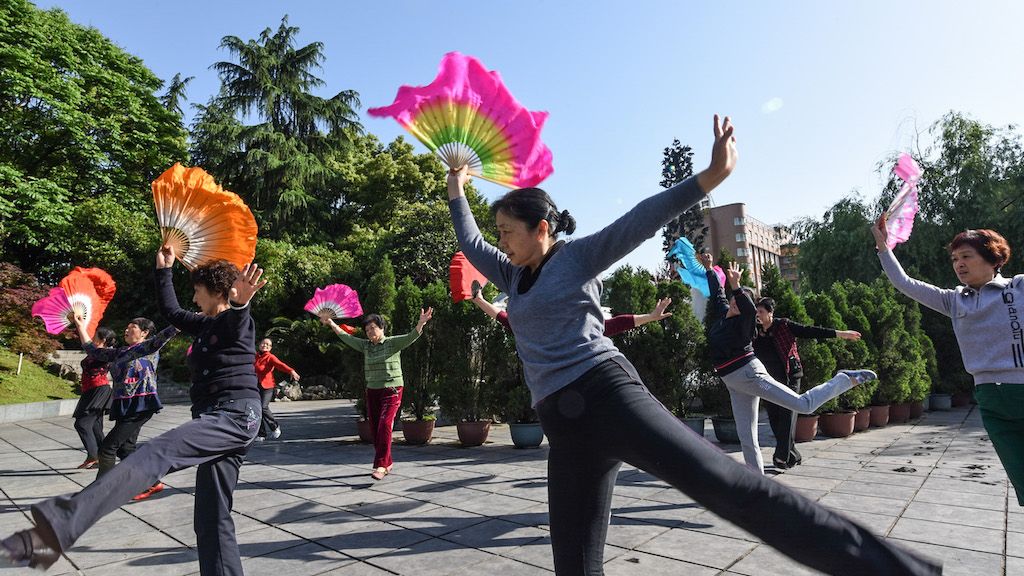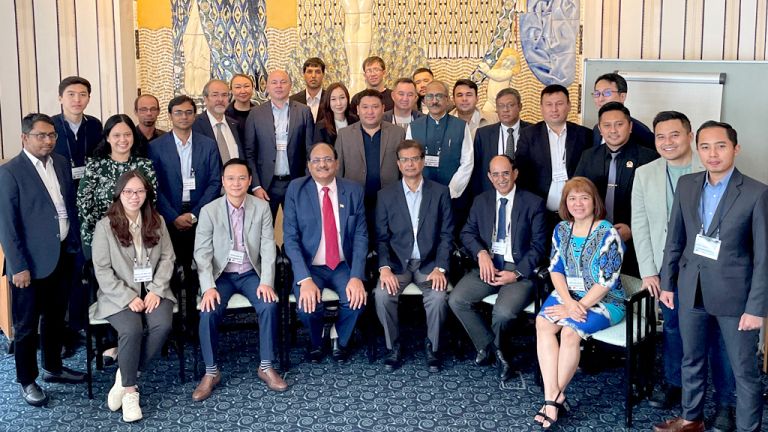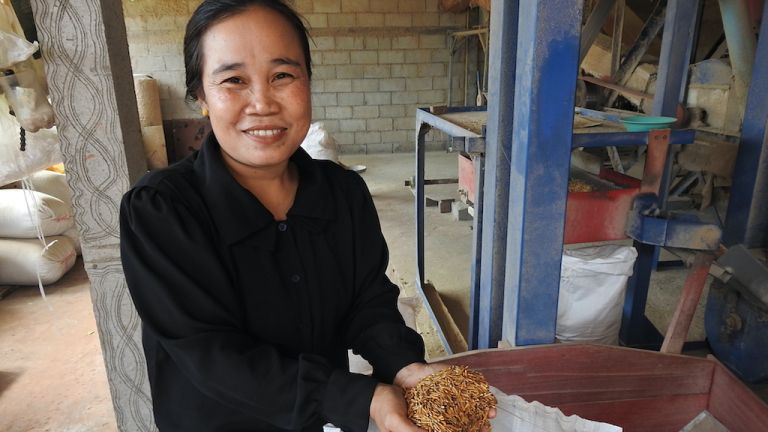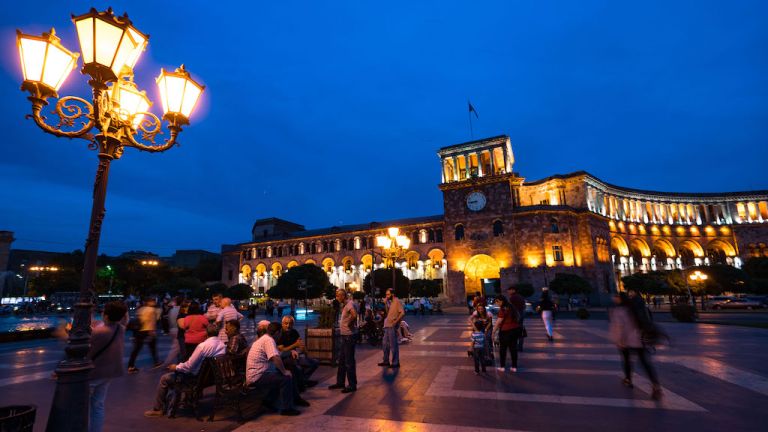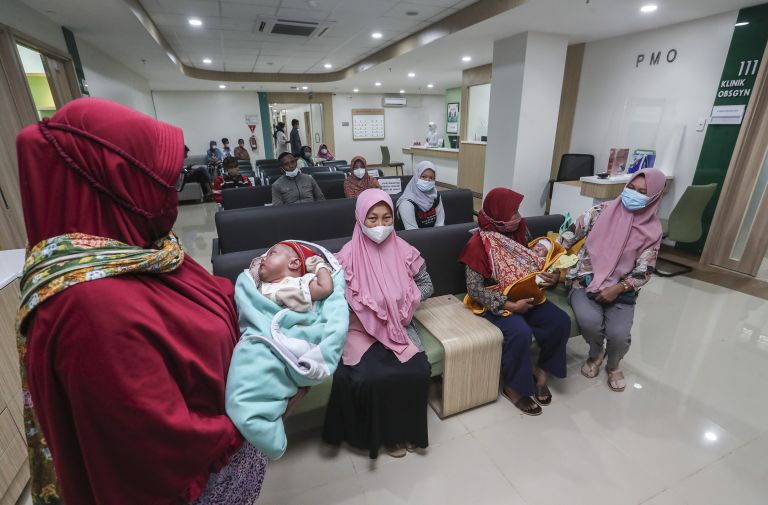Key Takeaways
“National Sanitary City”, “National Forest City”, and “National Garden City” – just some of the titles held by Yichang City in the People's Republic of China (PRC). But behind its elegance and beauty, the city is faced with a major problem – its population is aging and the city needs to build adequate infrastructure to support them. About 25% of Yichang’s 4 million residents are above the age of 60.
The PRC has the largest elderly population in the world. Estimates show the proportion of people aged 60 and above is expected to increase from 18.7% in 2020 to 35.0% by 2050. Over the past two decades, developing a comprehensive elderly care system has been a government priority.
The Asian Development Bank (ADB) has been helping the PRC’s elderly care system development through facility construction and institutional capacity improvement, including in Yichang City. Since 2014, ADB has supported Yichang through a knowledge sharing technical assistance (KSTA) and two loan projects in elderly care strategic planning, elderly and geriatric care facilities construction and operationalization, human resource development, institutional strengthening, and capacity building.
ADB’s KSTA worked with Yichang to develop its elderly care strategic plan, guided by four key principles: enabling aging in place – that is, allowing the elderly to stay in their homes and communities; creating “a society for all” and framing aging as a positive dynamic rather than a burden; optimizing resources and achieving the best service outcome across multiple care needs; and supporting active aging, encouraging elderly residents to actively participate in social and physical activities for psychological well-being. The strategic plan is aimed at fostering a high quality of life for the older people requiring long-term care and enabling the city to become a center of excellence of elderly care in China.
Model city
With guidance from its elderly care strategic plan, Yichang City has taken a multi-pronged approach in meeting the needs of its aging society. It has developed elderly care facilities, established a policy system, and built a talent team, which all helped to expand the elderly care service capacity. Over the last seven years, the city has built a comprehensive and growing elderly care system integrating community- and home-based and institutional services, and medical care.
As a result, the volume, quality, and depth of structures and programs in place for elderly care have significantly increased. The number of elderly care beds in the city has increased from 18,000 in 2014 to 35,520 in 2022; while the proportion of nursing beds increased from 22% to 63% during the same period. The city has also allotted 150 hectares of land for elderly care service, translating into elderly care service institutions and community- and home-based elderly care service facilities in operation. According to Xia Ying, head of Department of Elderly Care at Yichang Civil Affairs Bureau, the project draws on the expertise of ADB, combining medical care and health care for the elderly.
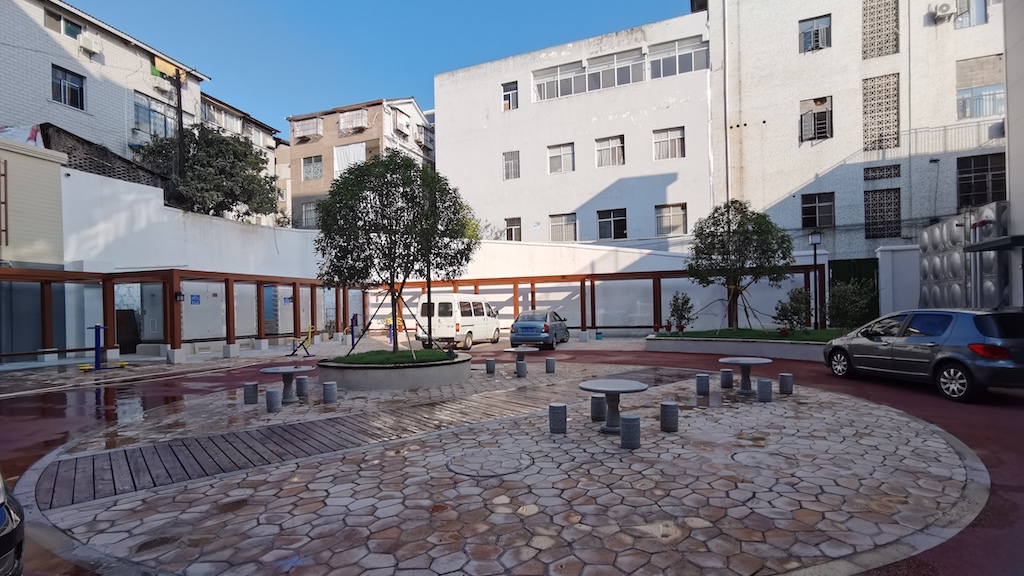
Policies are also in place to protect the aging and promote their financial well-being. Elderly care service institutions are exempted from value added tax (VAT), corporate income tax, and some administrative fees, while their electricity, water, gas, and heat bills are at par with residential prices. Welfare policies include old age allowance, meal assistance service for the elderly, and subsidies for disabled elderly.
There are now 105 elderly care service institutions in the city. The Yichang Social Welfare Institute, a national model unit for comprehensive standardization of social management and public services, was rated as a five-star elderly care service institution in 2021. The Gezhouba Yifu Leyuan Gerocomium and Longpanhu Medical Treatment and Elderly Support Center have been established and are considered as affordable, comfortable, and inclusive elderly care service institutions in the city. To date, 176 community- and home-based elderly care service institutions and 71 happiness canteens, or canteens catering specifically for the elderly, have been built in Yichang since the projects’ implementation.
Yichang has also expanded its talent team, enlisting healthcare and social welfare professionals to care for the elderly – among them, hundreds of trained nursing staff, social workers, counselors, rehabilitation teachers and dietitians.
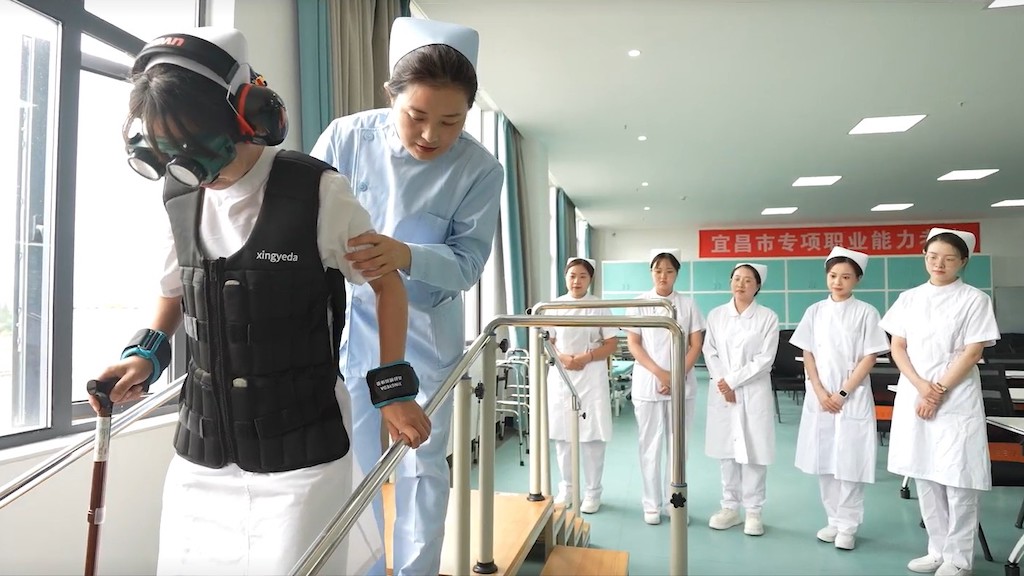
“Human resource development has been a key component in ADB’s elderly care projects to address challenges in shortage of quality elderly care workforce,” says Bai Jie, Urban Development Specialist for East Asia Department at ADB. With support from ADB, Yichang has also built an integrated high-level health care and elderly care training center.
Yichang was listed in June 2022 as the first batch of “National Key Contact Cities,” recognized for its impactful response to its aging population. It will serve as a model city that has successfully innovated its elderly care service system, operational model, supporting elements, age-friendly environment, and institutional mechanism which can be replicated nationwide.
Innovative practices
Like many cities in PRC, Yichang initially intended to develop high-end retirement villages for affluent elderly populations. But with ADB’s collaboration, focus has shifted to a three-tiered model (home-, community- and institution-based) to serve low- to middle-income elderly. The elderly care strategic plan helped reshape the course of elderly care system development in Yichang, which was built on local government capacity-building, review and application of international best practices, and evidence-based needs assessment.
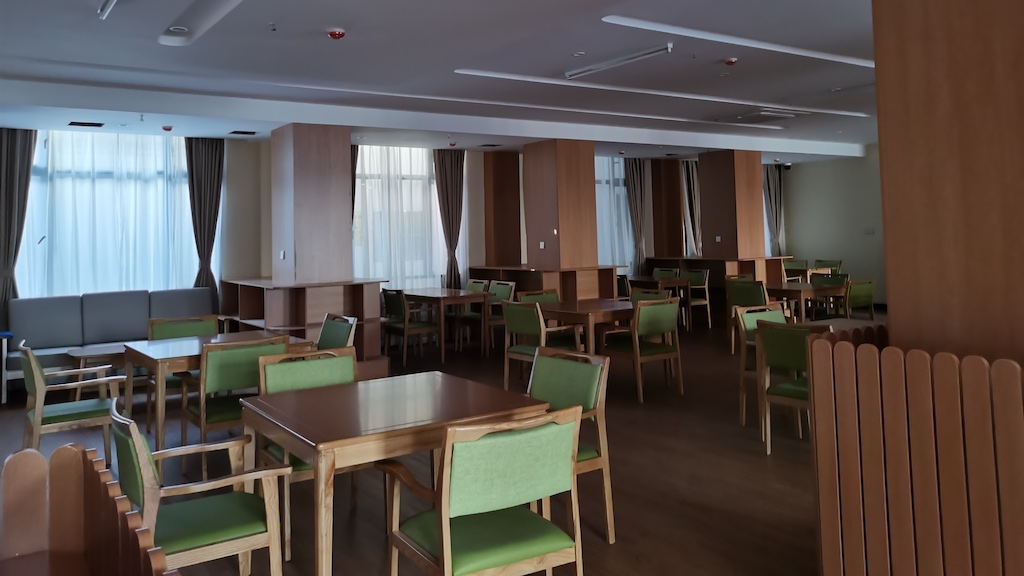
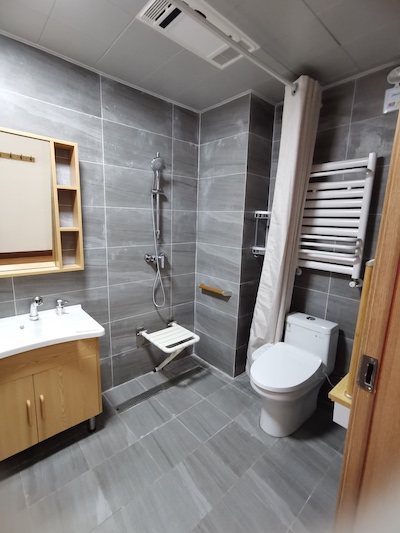
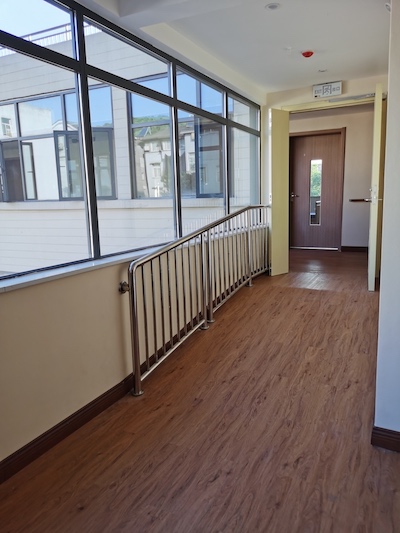
“PRC and many other DMCs are transforming into aging societies so we need to continue to look for ways and areas in which we can further innovate and enhance our partnerships,” says Asif Cheema, Director of East Asia Urban and Social Sectors Division at ADB. These two ADB loan projects have leveraged a great amount of operational knowledge to drive numerous innovations, which can be replicated nationwide. One of these has been in public-private partnerships (PPPs), which leverages private sector innovation and management skills to deliver quality services, and to close the gap between local fiscal capacity and increasing demand.
In Yichang, the project utilized a city-wide information communication technology platform, introduced to support information distribution, elderly care service monitoring, and provide linkage between elderly and health care services.
Some of these innovative practices were highlighted in the recent Elderly Care System Development Forum jointly hosted by ADB and ADBI and held last September 2022.
Given that many other Asian countries are facing the challenge of a rapidly aging population, with major implications for the welfare of older adults and significant social-economic challenges, Yichang may help shed light on solutions to these challenges. “To address these challenges, we need to enable our developing member countries to leverage international best practices and engage private sector, financing institutions, as well as academia,” says M. Teresa Kho, Director General of ADB’s East Asia Department. “This is a role that ADB is committed to play down the road.”


